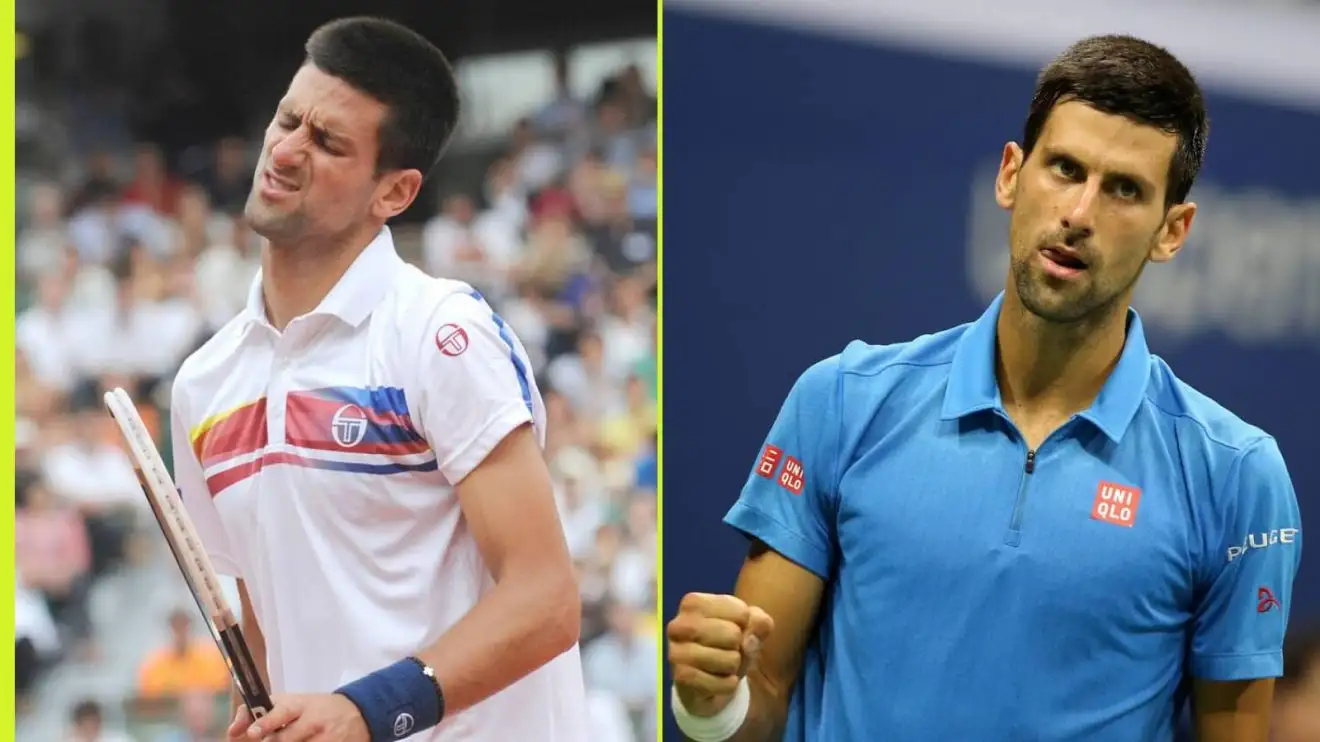Walkover in Tennis

A walkover in tennis occurs when one player withdraws from a match before it begins, resulting in an automatic victory for the opposing player. This can happen for various reasons, such as injury, illness, or personal circumstances.
Walkover in tennis, a situation where one player advances to the next round without playing a match, can occur for various reasons. One such instance happened recently with taylor townsend. The American tennis star received a walkover in her Wimbledon first-round match due to her opponent’s injury.
Walkover victories, while not ideal, can provide players with an opportunity to rest and prepare for subsequent matches.
Rules and Procedures
The rules surrounding walkovers vary depending on the tournament and governing body. Generally, a player must notify the tournament officials of their withdrawal as soon as possible, and the decision is made by the referee or tournament director.
Walkovers in tennis happen when one player withdraws or forfeits a match. One such player who has experienced this is Dhruv Jurel , a rising star in the sport. While walkovers can be disappointing for fans, they also provide opportunities for other players to step up and showcase their skills.
In some cases, a walkover may be granted if a player is unable to compete due to circumstances beyond their control, such as a natural disaster or travel disruption. However, the decision is ultimately at the discretion of the tournament officials.
Causes and Implications of Walkover in Tennis

Walkovers are not uncommon in tennis, occurring due to various reasons. These include injuries, illnesses, personal emergencies, or strategic decisions by players or teams. Understanding the causes and implications of walkovers is crucial for comprehending their impact on the sport.
Causes of Walkover
- Injuries: Physical injuries sustained during matches or training can force players to withdraw, resulting in walkovers for their opponents.
- Illnesses: Sudden illnesses, such as fever or food poisoning, can also prevent players from competing, leading to walkovers.
- Personal Emergencies: Unforeseen personal emergencies, such as family bereavements or urgent travel, may require players to withdraw from tournaments, resulting in walkovers.
- Strategic Decisions: In rare cases, players may strategically withdraw from matches to conserve energy for subsequent rounds or tournaments.
Implications of Walkover
Walkovers can have significant implications for players and tournaments. For the player receiving the walkover, it offers an easy passage to the next round without playing a match. However, it may also affect their ranking, as walkover wins carry fewer ranking points than match wins.
For the tournament, walkovers can disrupt the schedule and potentially lead to a lack of competitive matches. They may also affect ticket sales and fan engagement, as spectators may be disappointed by the absence of anticipated matches.
Ethical Considerations and Fair Play, Walkover in tennis
Walkovers raise ethical considerations and fair play implications. While they are sometimes unavoidable due to legitimate reasons, there have been instances of players abusing the system for personal gain. To maintain the integrity of the sport, it is important to ensure that walkovers are only granted for genuine reasons and that players do not exploit them for unfair advantages.
Strategies and Countermeasures for Walkover in Tennis

Walkovers in tennis can be frustrating for both players and fans. There are several strategies that players and teams can employ to avoid receiving a walkover, as well as measures that tournament organizers can take to prevent or mitigate walkovers.
Strategies for Players and Teams
To avoid receiving a walkover, players and teams should:
- Be prepared to play. This means being physically fit, mentally prepared, and having the necessary equipment. Players should also arrive at the tournament site on time and be ready to warm up.
- Communicate with the tournament director. If a player or team is unable to play, they should contact the tournament director as soon as possible. The tournament director may be able to reschedule the match or find a replacement player or team.
- Be aware of the rules. Players and teams should be familiar with the tournament rules regarding walkovers. This will help them to avoid any misunderstandings or disputes.
Role of Tournament Organizers
Tournament organizers can play a significant role in preventing or mitigating walkovers. Some of the measures that tournament organizers can take include:
- Setting clear deadlines. Tournament organizers should set clear deadlines for players and teams to register for the tournament and to confirm their participation. This will help to prevent players from withdrawing at the last minute.
- Enforcing the rules. Tournament organizers should enforce the rules regarding walkovers. This will help to deter players from withdrawing from matches without a valid reason.
- Providing incentives. Tournament organizers can provide incentives for players and teams to participate in the tournament. This could include prize money, ranking points, or other benefits.
Recommendations for Improving Fairness and Integrity
In addition to the strategies and measures discussed above, there are a number of recommendations that can be made to improve the fairness and integrity of tennis tournaments in light of walkovers:
- Use a standardized definition of walkover. This will help to ensure that walkovers are not being used as a way to avoid playing against a stronger opponent.
- Require players and teams to provide a valid reason for withdrawing from a match. This will help to prevent players from withdrawing from matches without a legitimate reason.
- Implement a penalty system for players and teams who withdraw from matches without a valid reason. This will help to deter players from withdrawing from matches without a legitimate reason.